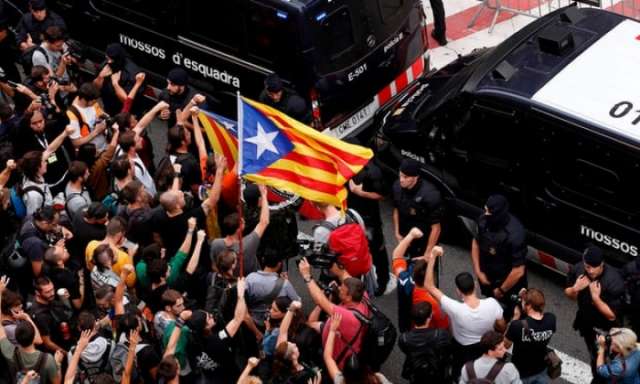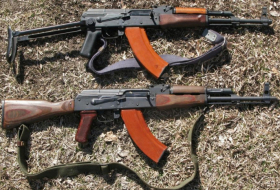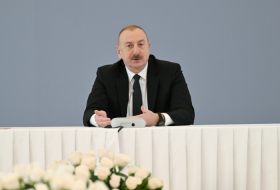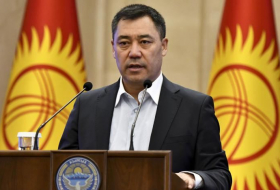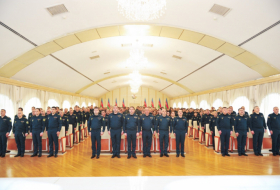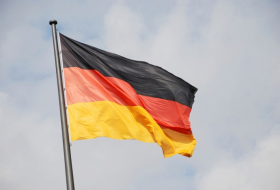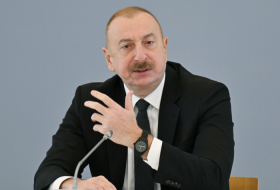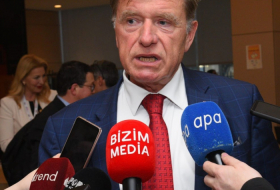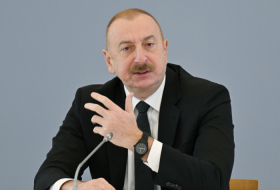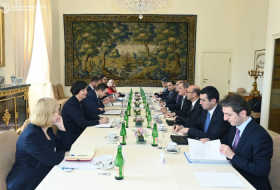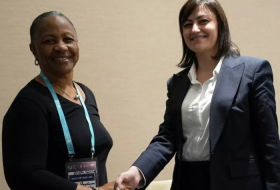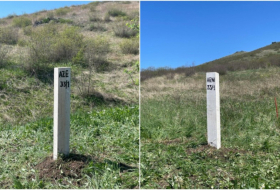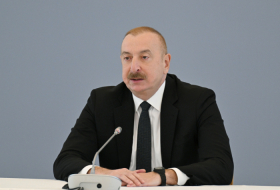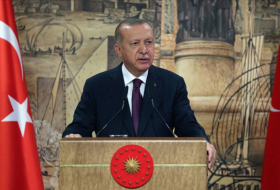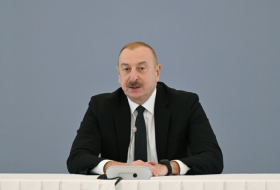King Felipe of Spain did not mention the police force’s actions when he addressed the country on Tuesday evening.
Millo said in an interview with Catalonia’s TV3: “When I saw those images, and knowing that people were hit [and] shoved … all I can do is apologise on behalf of the officers who intervened.”
However, Millo said the Catalan president, Carles Puigdemont, and his government were to blame for Sunday’s events as they had insisted on going ahead with the poll.
Spain’s education minister, Íñigo Méndez de Vigo, later issued a more guarded apology, saying: “If there were incidents and people were injured, then obviously we’re sorry.”
But, like Millo, he said the regional government was responsible for the situation, saying “co-existence is broken” with Catalonia.
The apology is unlikely to be well received in Catalonia, where many are still shocked and angered by the heavy-handed police operation. There are also enduring tensions over the continuing deployment of thousands of Spanish Guardia Civil and national police officers to the region.
Puigdemont has asked to appear in the Catalan parliament next Tuesday to “report on the current political situation” and to put the referendum results to MPs.
The move – seen as an attempt to circumvent the Spanish constitutional court’s ban on a similar session scheduled for Monday – could potentially provide an opportunity for the region’s promised unilateral declaration of independence.
On Thursday the court upheld a challenge by Catalonia’s Socialist party, which opposes secession from Spain, ruling that allowing the Catalan parliament to meet on Monday would violate the rights of the party’s MPs.
The court said any session carried out in defiance of its ban would be “null” and the parliament’s leaders could face criminal action if they ignored the order.
Despite the Spanish authorities’ attempts to stop the referendum, which the government and the constitutional court had declared illegal, 2.3 million of Catalonia’s 5.3 million registered voters took part. Many Catalans who oppose independence boycotted the poll for fear of lending it legitimacy.
According to the Catalan government, 90% of participants voted for independence, 7.8% voted against and almost 2% of ballot papers were left blank. However, a full count of the votes has been complicated by the fact that many ballot boxes were removed from polling stations by police. The regional government said polling stations where up to 770,000 people could have voted were shut down by police.
Puigdemont’s predecessor, Artur Mas, weighed into the debate on Friday, saying that although Catalonia had won an important victory, it had much to do before it could achieve “real independence”.
“We have won the right to be an independent country,” the former Catalan president told the Financial Times. “The question now is how do we exercise that right, and here obviously there are decisions to be taken. And these decisions must have one objective in mind: this is not just about proclaiming independence but about actually becoming an independent country.”
Meanwhile, Spain’s national court questioned two senior officers of the Catalan police force and the leaders of two pro-independence groups who have been placed under investigation for sedition.
The four – who include Josep Lluís Trapero, the chief of the Catalan police force, and Jordi Sànchez, the head of the Catalan National Assembly, the region’s largest pro-independence group – are being investigated in connection with the large demonstrations in Barcelona that followed police raids on Catalan government buildings a fortnight ago and the arrests of 14 Catalan officials.
The raids and arrests, carried out by Spanish Guardia Civil police on a judge’s orders, drew a furious response from protesters. Two Guardia Civil vehicles were vandalised and the Catalan police were accused of failing to intervene.
Trapero, who has been praised for his handling of the August terrorist attacks in Catalonia, was questioned for about an hour on Friday. He walked out of court to applause from Basque and Catalan party representatives and some insults from bystanders.
Speaking before Thursday’s court decision, the Spanish prime minister, Mariano Rajoy, said the situation would only escalate further if the Catalan government carried on along the path to a unilateral declaration.
“Is there a solution? Yes, there is,” Rajoy told the Spanish news agency Efe. “And the best one would be a return to legality and the swiftest possible confirmation that there won’t be a unilateral independence declaration, because that way still greater harm could be avoided.”
The Madrid government has refused to rule out invoking article 155 of the constitution. The article, which has never been used, makes provision for the central government to take control of an autonomous region if it “does not fulfil the obligations imposed upon it by the constitution or other laws, or acts in a way that is seriously prejudicial to the general interest of Spain”.
However, given the heightened tensions and large protests, such a move could prove counterproductive. Puigdemont has said triggering the article would be the Spanish government’s “ultimate mistake”.
More about: #Spain #Catalonia








